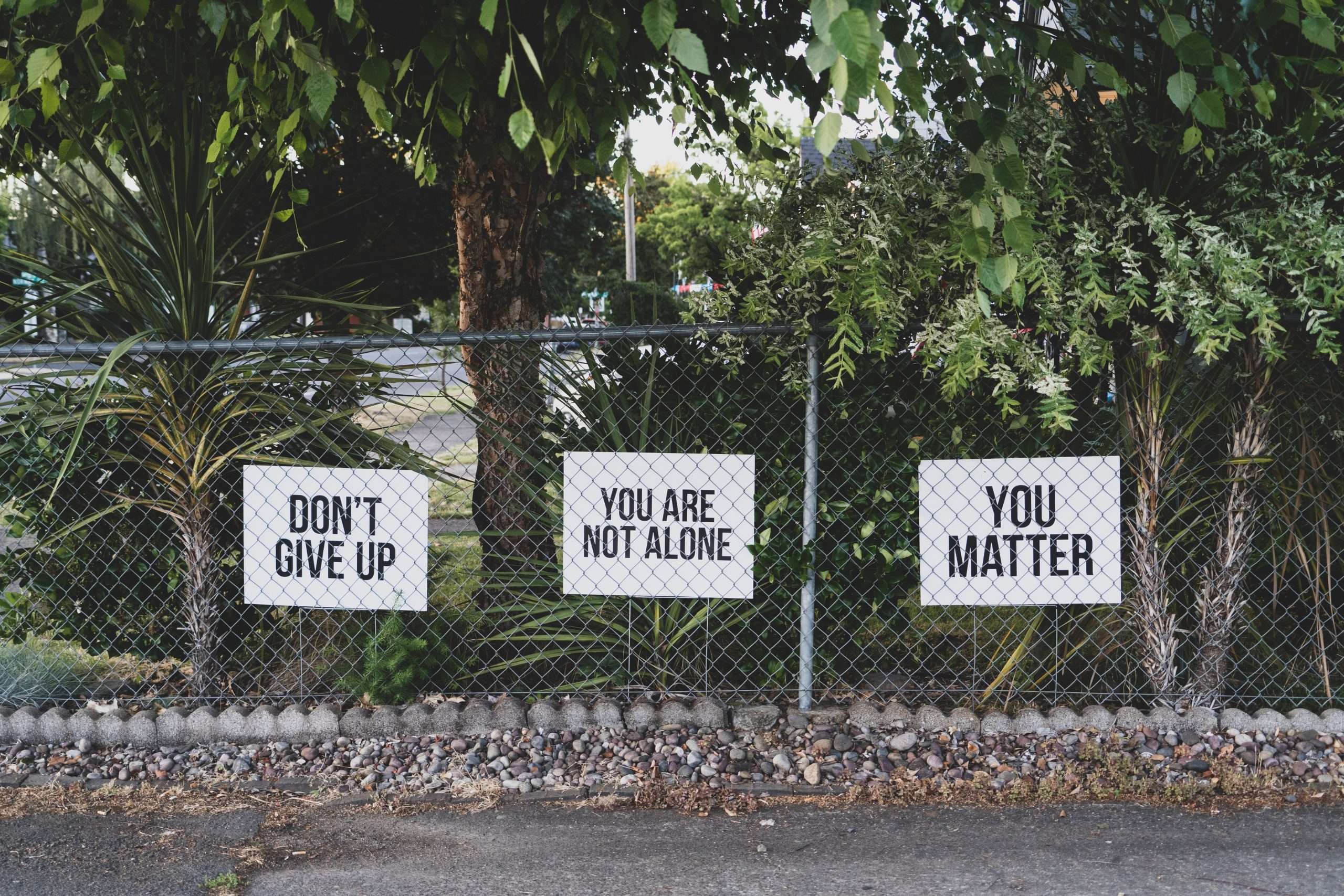 0
0

Unveiling the Inner Struggles: Common Phrases from Individuals Living with Depression
Singapore
May 26 2023
Living with depression can be a challenging and isolating experience. The inner struggles faced by individuals with depression are often reflected in the phrases they use to describe their emotions and experiences. In this blog post, we will explore some common phrases expressed by individuals our mental health professionals have seen with depression. We will also discuss how counselling, particularly Cognitive-Behavioural Therapy (CBT), can provide valuable support and tools to help individuals overcome these inner struggles.
“I can’t get out of bed.”
Depression often manifests as a profound lack of energy and motivation. Individuals experiencing depression frequently struggle with the simple task of getting out of bed. This phrase reflects the overwhelming fatigue and heaviness that depression can impose on daily life. It can be a result of disrupted sleep patterns, a lack of interest or pleasure in activities, and a feeling of being trapped in a cycle of despair.
“I don’t feel like doing anything.”
Depression saps away the enjoyment and motivation individuals typically derive from their usual activities. This phrase encapsulates the loss of interest and pleasure that often accompanies depression. Hobbies, socializing, and even basic self-care routines may feel like insurmountable challenges. Individuals may feel disconnected from the things they once loved, leading to a sense of emptiness and a lack of engagement with the world.
“I am worthless.”
Depression often distorts an individual’s self-perception, leading to feelings of worthlessness, low self-esteem, and self-criticism. This phrase reflects the negative self-talk that individuals with depression commonly experience. They may believe they are a burden to others, incapable of achieving success, or fundamentally flawed. Such thoughts can further perpetuate the cycle of depression and hinder one’s ability to seek help or engage in self-care.
How Counselling or CBT Can Help
Understanding the Role of Counselling
Counselling provides a safe and supportive space for individuals with depression to express their thoughts, feelings, and struggles. It offers a non-judgmental environment where individuals can explore their emotions and gain insight into the root causes of their depression. The therapeutic relationship established with a mental health professional is crucial in fostering trust, empathy, and support throughout the healing process.
Cognitive-Behavioural Therapy (CBT) for Depression
CBT is a highly effective therapeutic approach for managing depression. It focuses on the connection between thoughts, feelings, and behaviours and aims to identify and challenge negative thinking patterns. By working with a mental health professional trained in CBT, individuals can develop healthier thought patterns, reframe negative beliefs about themselves, and cultivate a more balanced and realistic perspective.
Coping Strategies and Behaviour Activation
CBT equips individuals with practical coping strategies to manage depression. These strategies may include relaxation techniques, problem-solving skills, and behavioural activation. Behaviour activation involves engaging in activities, even when lacking motivation, to counteract the symptoms of depression. By gradually reintroducing pleasurable activities and setting achievable goals, individuals can experience a renewed sense of purpose and enjoyment in life.
How Counselling and CBT Empower Individuals
Self-Awareness and Emotional Regulation
Through counselling and CBT, individuals with depression gain self-awareness and develop skills for emotional regulation. They learn to identify triggers, understand the connection between thoughts and emotions, and develop healthier ways of managing difficult feelings. This increased self-awareness allows individuals to make positive changes in their lives and reduce the impact of depressive symptoms.
Building Coping Strategies and Resilience
Counselling and CBT help individuals develop a toolbox of coping strategies to navigate challenges. They learn to challenge negative thoughts, practice self-care, and engage in activities that promote well-being. These coping skills foster resilience, enabling individuals to better cope with future difficulties and setbacks.
The Importance of Seeking Help
Overcoming Stigma and Seeking Support
Seeking help for depression can be challenging due to societal stigma and misconceptions. However, reaching out for support is a crucial step toward healing. Mental health professionals experienced in working with individuals facing depression can offer a non-judgmental and compassionate space to validate experiences, provide guidance, and facilitate the development of coping skills.
The Healing Power of Connection
Counselling provides individuals with a supportive and empathetic relationship. The therapeutic alliance built between the mental health professional and the individual is instrumental in promoting healing and recovery. It fosters a sense of connection and validation, reducing feelings of isolation and reinforcing the belief that they are not alone in their struggles.
In short
Living with depression can be an overwhelming experience, but it’s important to remember that there is hope for recovery. By recognizing and understanding the inner struggles expressed, we can begin to empathize with individuals battling depression. Counselling, especially through the use of CBT, offers effective tools and strategies to navigate these struggles, challenge negative thinking patterns, and promote healing and well-being.
If you or someone you know is experiencing depression, don’t hesitate to reach out to us for professional support. Remember, you are not alone; support is available to help you find a brighter path forward.
Learn more about depression and depressive disorders on our Instagram!
Related articles
The Role of Counselling in Managing Depression: What You Need to Know
Building Healthy Relationships: Communication and Emotional Intimacy
If you like what you read, follow us on Facebook, Instagram or LinkedIn to get the latest updates.
Have a question? Reach out to us through our contact form or WhatsApp.
Want to speak to our clinicians? Book your appointment here!

Join Our Newsletter
Subscribe to our newsletter and receive daily updates & promotions!






